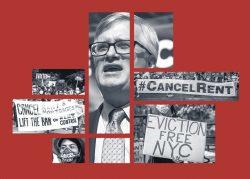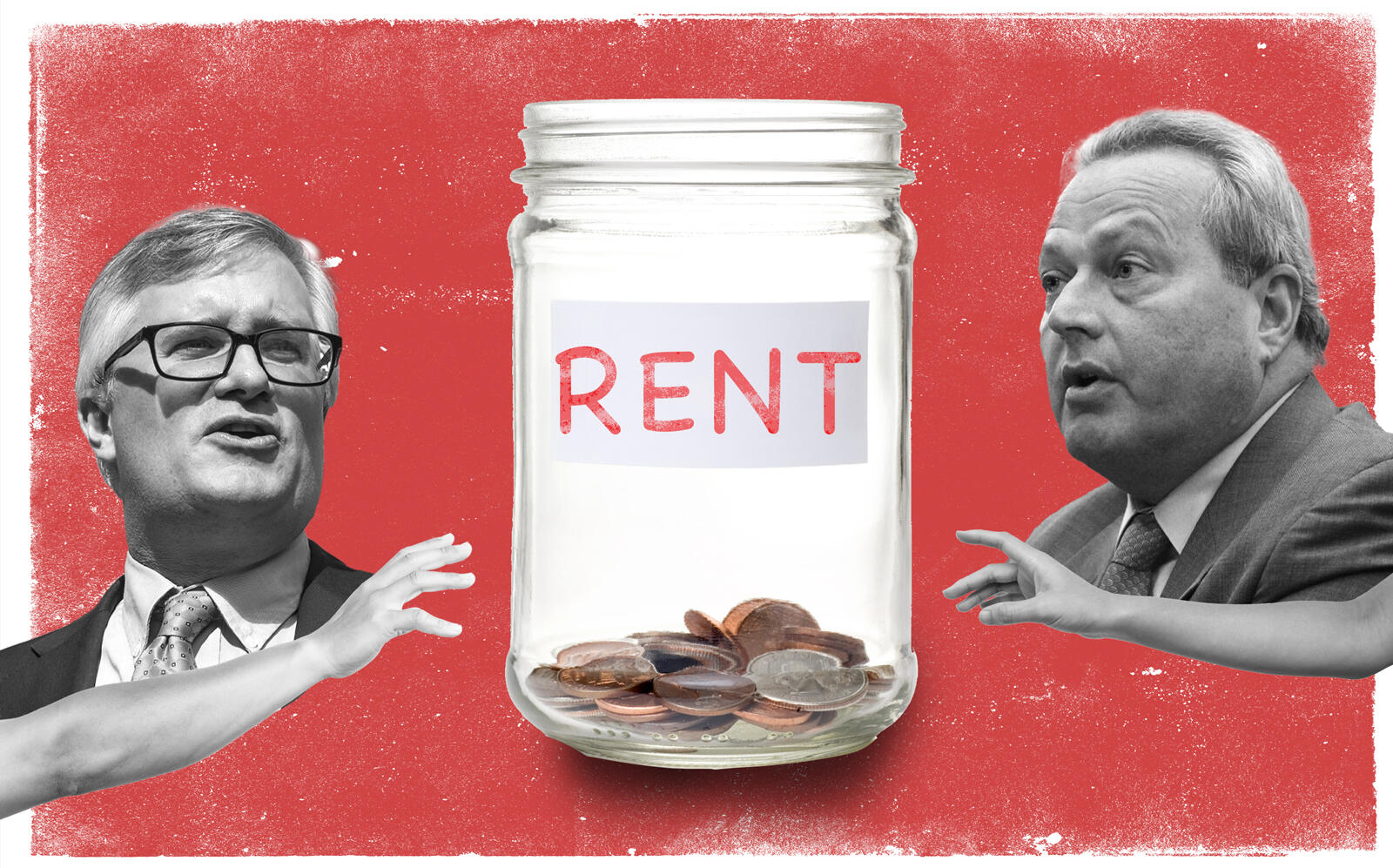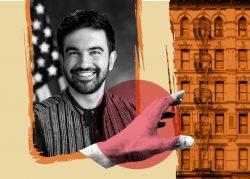 Landlords hail relief bill as end of “cancel rent”
Landlords hail relief bill as end of “cancel rent”
Trending
Rent relief hinges on dwindling goodwill
After a year of unpaid rent, cooperation may be beyond reach

Sometime this month, New York landlords and tenants will gain access to $2.3 billion in federal aid allocated by the state.
The catch: They’ll have to work together to get it.
In a year that’s pushed the cat-dog dichotomy of the landlord-tenant relationship to extremes, cooperation could be elusive.
The law allows either party to start an application for relief. But for money to be doled out, tenants must request funds that will go directly to the landlord and the landlord must, in turn, accept them. Both have reasons not to do their part.
Romeo Budhoo, a Schenectady landlord just featured in a stunning Washington Post story on the acrimony resulting from a year of unpaid rent, doubts his tenants, protected by an eviction moratorium at least through August, will bother to apply.
“They’re telling themselves, ‘Why should we go and do all these things and hustle to apply when nobody can put us out of our apartment?’” Budhoo said in a phone interview.
Read more
 Landlords hail relief bill as end of “cancel rent”
Landlords hail relief bill as end of “cancel rent”
 From bad to worse: Rent relief program still failing to reach New Yorkers
From bad to worse: Rent relief program still failing to reach New Yorkers
Budhoo’s pessimism comes from experience: Alfonzo Hill, the tenant in the Washington Post feature, didn’t participate in last summer’s relief program. Hill didn’t reply to a request for comment.
Sen. Brian Kavanagh, who chairs the Senate Housing Committee, said this program has much more going for it — up to 12 months of back rent and three months of future rent. Last year’s paid the difference between 30 percent of a tenant’s income and the rent due. He expects the new offer will draw both parties.
“Tenants and landlords don’t have to hold hands and have warm feelings for each other to participate,” said Kavanagh.
But the tenant-landlord stand-off goes both ways. Even if renters sign up for relief, landlords who accept it can’t evict a paying tenant for a year — and could likewise be stuck with a nonpaying tenant because of an extended moratorium or housing court delays.
Still, landlord lobbyist Joe Strasburg believes owners are desperate enough to take that chance.
“Our guys are small property owners who haven’t been paid rent since March,” said Strasburg, the president of the Rent Stabilization Association. “They’ll take the money knowing full well that if the tenant decides to game the system for the next year, they’re stuck.”
Tenant lawyers warn that the more likely outcome is landlords, embittered by tenants living rent-free, won’t accept out of spite.
“There are some landlords,” said the Legal Aid Society’s Ellen Davidson, “that are so angry at their tenants who have struggled during this time that they want to see them homeless. And so they won’t accept the money for them, because it’s not about the money for them.”
Budhoo says he’s not in that camp. With $13,000 in unpaid property taxes and the threat of foreclosure on his rentals and his own home creeping closer, he said he is more than willing to cooperate with his tenants to get relief.
“At least,” he said, “I’ll try.”




